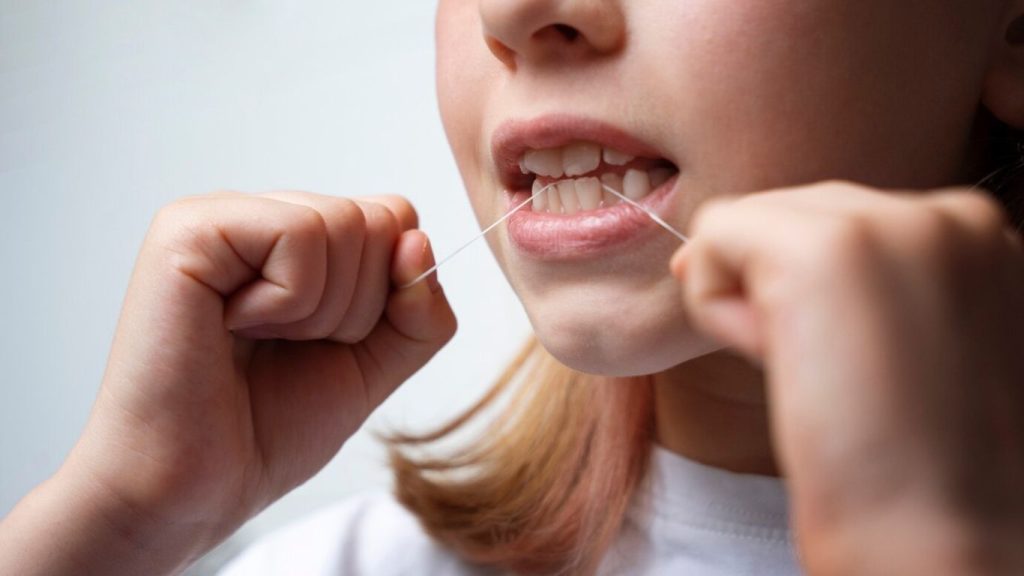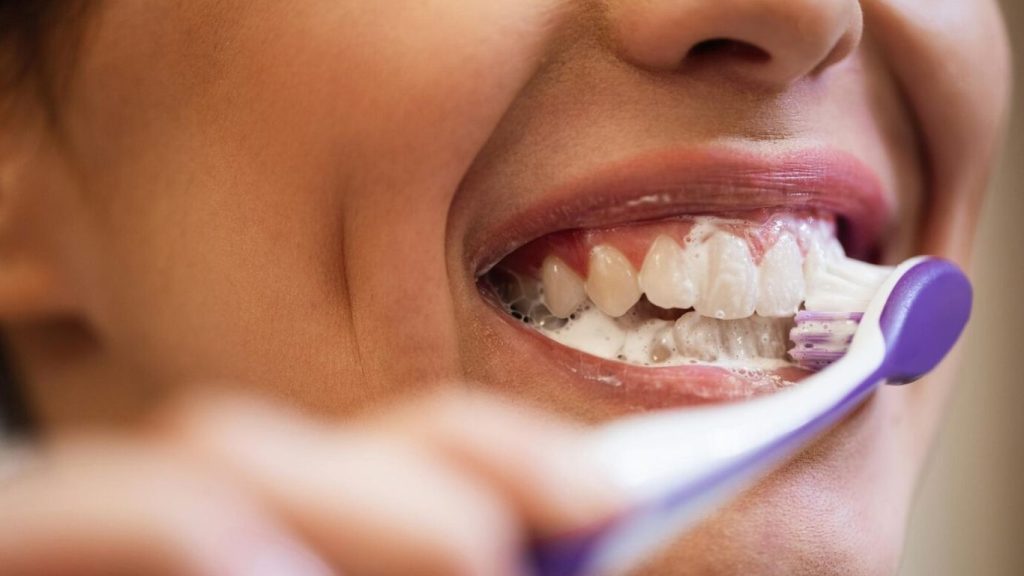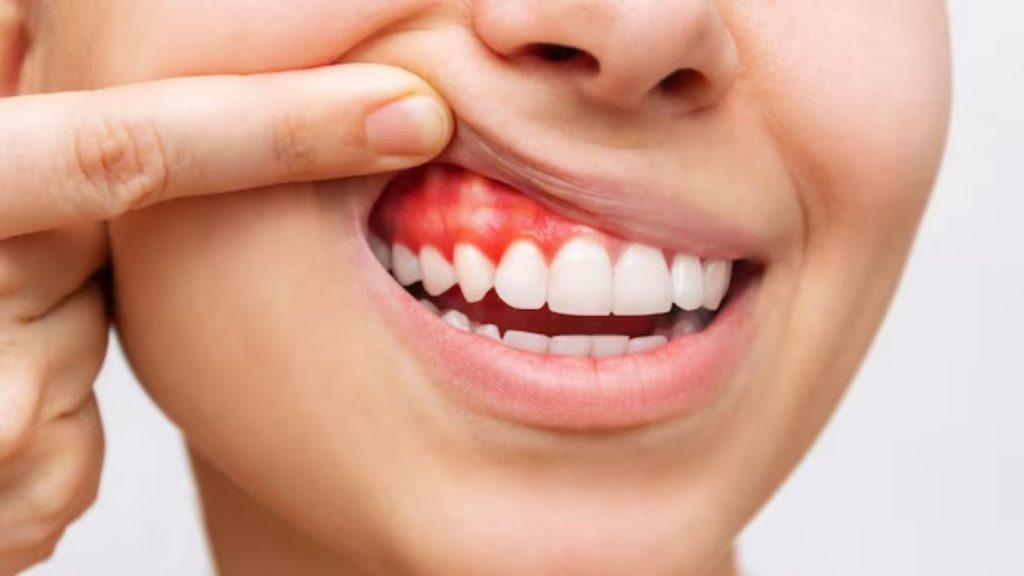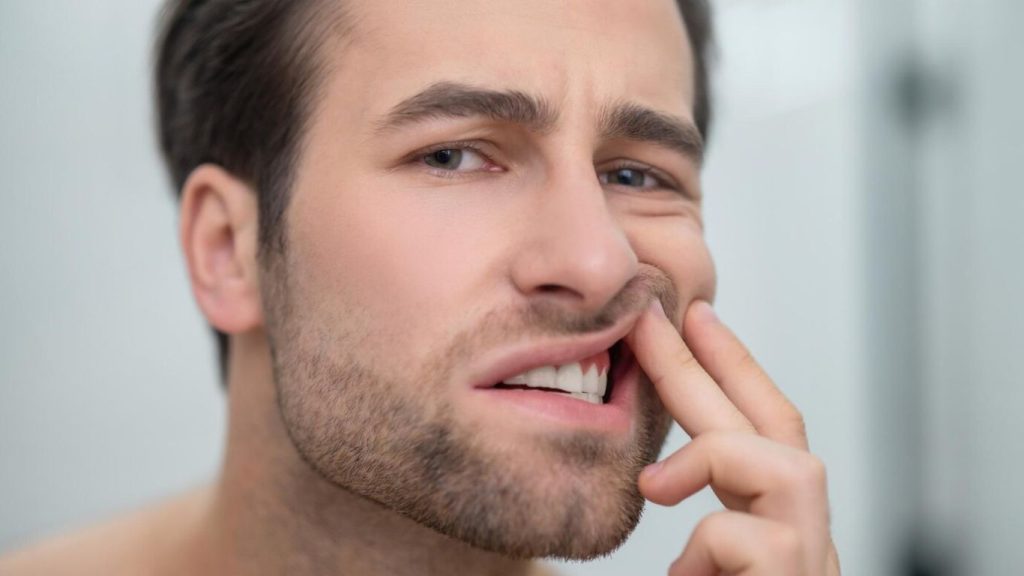Grinding your teeth, medically known as bruxism, is a common condition where an individual involuntarily clenches or grinds their teeth, typically during sleep, though it can also occur during the day. Whether due to stress, a misaligned bite, or other reasons, bruxism can lead to a range of complications if left unaddressed. Let’s explore the indicators of teeth grinding and the measures to counteract its effects.

Understanding Bruxism
Bruxism is classified into two types:
- Awake Bruxism: This happens during the day, often as a response to stress, anxiety, tension, or even concentration.
- Sleep Bruxism: This occurs during sleep and is considered a sleep-related disorder, often linked with other sleep conditions like sleep apnea.
While the exact causes remain debated, potential triggers include stress, certain medications and substances, the presence of other sleep disorders, and lifestyle factors.

Signs and Symptoms
Detecting bruxism can be tricky, especially if it occurs during sleep. Here are signs and symptoms to look out for:
Morning Aches
Upon waking, you might feel:
- Jaw soreness or tightness.
- Facial pain.
- A headache, often described as a dull, throbbing pain starting at the temples.
Read Also : How to Do Hot Stone Massage

Dental Indicators
Upon inspection, your teeth might reveal:
- Flattened biting surfaces.
- Chipped or fractured teeth.
- Worn tooth enamel, exposing deeper layers of the tooth.
- Increased tooth sensitivity.
Inner Cheek Damage
You might notice:
- Damage to the inside of your cheeks from chewing.
- Raised or thickened skin on the inner side of the cheek.
Audible Grinding
A sleeping partner or family member might hear you:
- Grinding or clenching loudly, especially during deep stages of sleep.
Sleep Disruption
In some cases, the grinding might be intense enough to:
- Awaken you from sleep.
- Cause restless tossing and turning.
Jaw Abnormalities
Over time, you might experience:
- Lockjaw: where the jaw muscles become so tight that it’s challenging to open or close the mouth.
- Changes in the way the upper and lower teeth align.
Ear-Related Symptoms
Oddly enough, bruxism can manifest as:
- Earaches, without an actual ear infection.
- Tinnitus or ringing in the ears.

Complications of Ignored Bruxism
If unchecked, teeth grinding can lead to:
- Dental Damage: This includes worn-out teeth, cavities, and even tooth loss.
- Temporomandibular Joint Disorders (TMD): Chronic grinding can strain the joint connecting the jaw to the skull, leading to TMD.
- Facial Changes: Some people might experience changes in their facial appearance due to muscle hypertrophy.
- Sleep Disruption: Both for the person with bruxism and potentially their sleep partner.
Getting a Definitive Diagnosis
If you suspect you have bruxism:
- Dental Check-Up: A dentist will check for signs of dental damage indicative of grinding.
- Sleep Study: If sleep bruxism is suspected, a polysomnogram or sleep study might be recommended.
Managing Bruxism
While there might not be a one-size-fits-all cure, several strategies can mitigate the effects of bruxism:
- Dental Approaches: Dentists might recommend wearing a mouth guard or dental splint during sleep.
- Stress Management: Techniques such as meditation, deep breathing exercises, and counseling can be beneficial.
- Avoiding Stimulants: Reducing or eliminating caffeine and alcohol might help.
- Medications: In some cases, muscle relaxants or Botox injections might be prescribed.
- Physical Therapy: Exercises to relax the jaw might be beneficial for some individuals.
You can Read Also : How to Get Motivated to Eat Healthy

Conclusion
While grinding your teeth might seem harmless, chronic bruxism can lead to a host of complications. Recognizing the signs early on and seeking appropriate interventions is crucial. Whether through dental devices, lifestyle changes, or therapeutic interventions, managing bruxism is essential for ensuring the longevity of your dental health and overall well-being. If you suspect you’re grinding your teeth, don’t wait. Early intervention is the key to preventing long-term complications.
Frequently Ask Questions
Teeth grinding is medically known as bruxism.
Yes, there are two primary types: Awake Bruxism (happening during the day) and Sleep Bruxism (occurring during sleep).
Symptoms include waking up with jaw soreness, facial pain, a dull headache starting at the temples, damage to the inside of your cheeks, and audible grinding that might be noticed by a sleep partner.
Yes, some people with bruxism experience earaches without an actual ear infection and even tinnitus or ringing in the ears.
You might notice flattened biting surfaces on your teeth, chipped or fractured teeth, worn tooth enamel, or increased tooth sensitivity.
Potential triggers include stress, certain medications, the presence of other sleep disorders, and lifestyle factors. However, the exact causes can vary and are sometimes unknown.
Unaddressed bruxism can lead to dental damage (like worn-out teeth and cavities), temporomandibular joint disorders (TMD), changes in facial appearance, and sleep disruption.
A dental check-up can help as dentists will look for signs of dental damage from grinding. If sleep bruxism is suspected, a polysomnogram or sleep study might be recommended.
Interventions include dental mouth guards or splints, stress management techniques, avoiding stimulants like caffeine, medications such as muscle relaxants, and physical therapy.
While you might not entirely prevent bruxism, especially if it’s related to factors outside of your control, interventions like stress management and using a mouth guard can significantly reduce its impact.
Remember, if you suspect you grind your teeth, it’s essential to seek advice from dental or medical professionals to address the issue appropriately and prevent potential complications.
